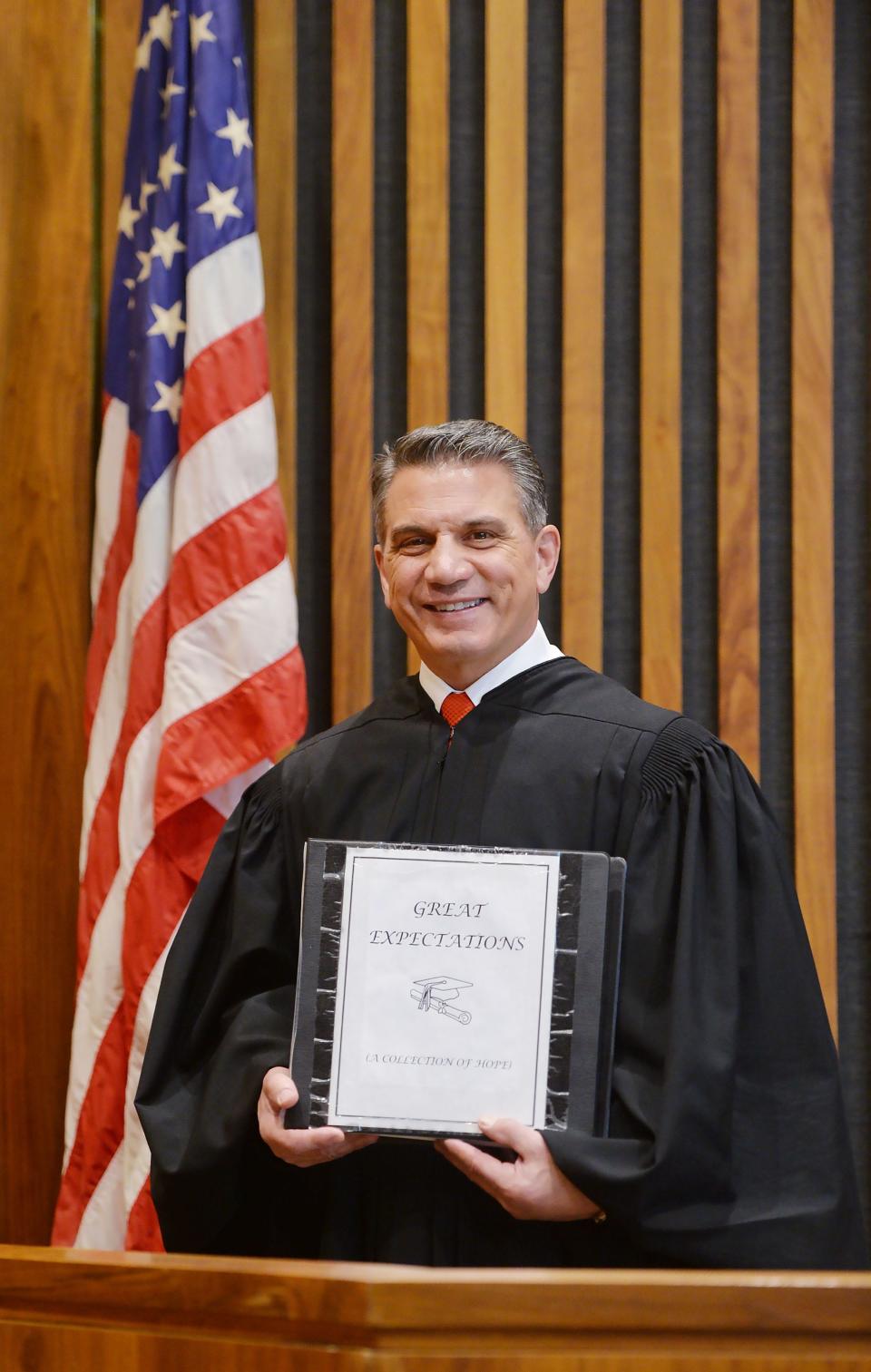Feb. 13—By GREG JORDAN
Bluefield Daily Telegraph
PRINCETON — A program bringing incentives for builders creating new housing and renovating older housing to an area 20-square-miles around the city of Princeton is coming to Mercer County.
The city of Princeton announced Monday that the Mercer County area has been designated a BUILD West Virginia District, according to Chris Mabe, marketing and public relations coordinator for the Princeton Economic Development Authority. The cities of Princeton and Bluefield applied for the BUILD WV Housing Development Tax Credit program and were recently notified that a BUILD WV District was designated in the area.
Sam Lusk, the city of Princeton’s economic development director, said the BUILD WV District is based on legislation designed to help address the need for housing throughout West Virginia. Mercer County’s district surrounds Princeton.
“They authorized one for Princeton and it extends from the Princeton city limits and extends 20 square miles in each direction,” Lusk said Monday. “It encompasses all of Mercer County and some surrounding areas as well.”
In order to qualify for the new district’s benefits, a housing project needs to meet qualifications designated in the legislation, Lusk said.
Projects eligible through the BUILD WV Act must meet the following criteria:
—Be located in a certified BUILD WV District, as designated by the Secretaries of Commerce, Economic Development, and Tourism.
—Generate approved costs in excess of $3 million or includes at least six residential units or houses.
—Create a significant and positive economic impact on the state.
—Will directly or indirectly improve opportunity in the area where the project will be located for the successful establishment or expansion of other commercial businesses.
—Provide additional employment opportunities in the state.
The six residential units would not have to be on the same piece of property. They just need to be within the district, Lusk said. And based on the legislation, a qualified project could receive a possible tax credit and sales tax exemption for that project’s building materials.
“I want to also thank the Departments of Tourism, Economic Development and Commerce for approving the BUILD WV District application and Senator Joe Manchin (D-WV) for his letter of support on our behalf during the process,” Lusk added.
The cities of Princeton and Bluefield are inviting building contractors, investors, banking institutions and other interested parties to attend a informative session on Wednesday, Feb. 28 at 11 a.m. to hear Meghan Smith, manager of Business and Industrial Development with the WV Department of Economic Development, share details about the program and answer questions.
The training session will be held in the Princeton Municipal Complex at 800 Bee Street.
Refreshments will be provided. People planning to attend are asked to RSVP Chris Mabe by calling 304-920-5796 or emailing c.mabe@princetonwv.gov.
Jim Spencer, the city of Bluefield’s community and economic development director, who said Lusk spearheaded the district initiative, stated that the program’s goal is to create new housing and renovate older housing.
“Pretty much every area I know is in need of new housing stock,” Spencer said. “This comes at a perfect time with the recent housing study.”
On Jan. 30, the Bluefield Planning Commission had a town hall meeting about affordable housing solutions for the city.
Jared Anderson with West Virginia Law, who has been helping the city draft its comprehensive plan, stated during the earlier town hall that while this plan focuses on the city’s needs five to 10 years in the future, there needs to be a focus on priority areas and a chief area is housing.
Within two months, the hope is to have an open house in which the public can see a draft of the comprehensive plan and offer suggestions, Anderson said.
Mel Jones with the Virginia Center for Housing Research at Virginia Tech, who has been studying Bluefield’s housing and other housing found around the county, outlined her findings during the earlier town hall meeting.
Most of Bluefield’s dwellings are occupied by working households and retirees, Jones said. There are 348 long-term vacancies in the city.
Some of these properties are scheduled for demolition, others are abandoned and others are not occupied because the owners are away and have no plans to rent them out or sell them, Jones said then.
There is a high demand for housing, but it is hard to find a quality housing unit to live in and there is a long waiting list. People coming to Bluefield often want to rent a dwelling before they decide to stay and buy a home, Jones said.
“We need rental in order for people to land here and home ownership in order to keep them here,” she stated then.
— Contact Greg Jordan at gjordan@bdtonline.com
Contact Greg Jordan at gjordan@bdtonline.com
Signup bonus from




